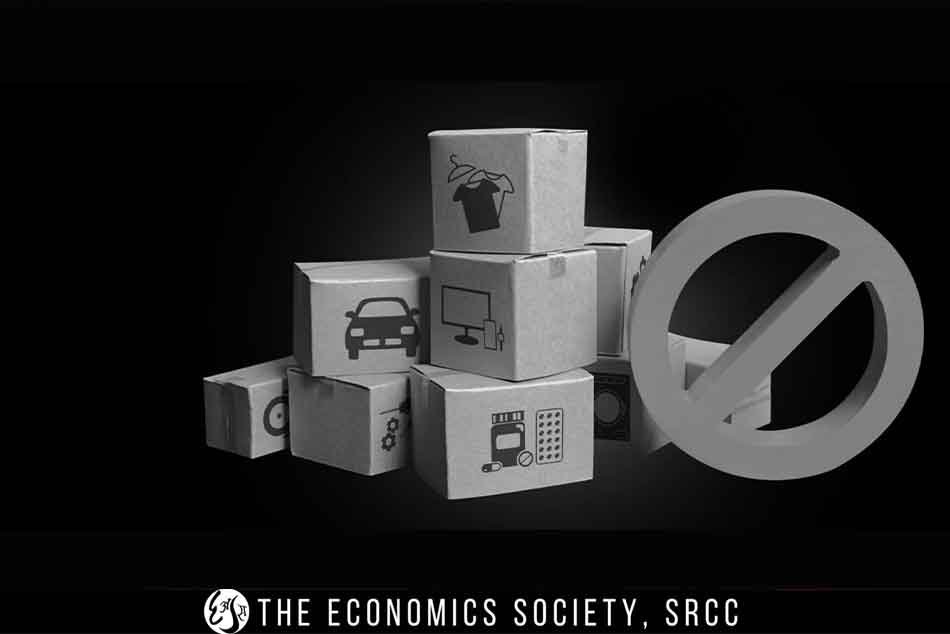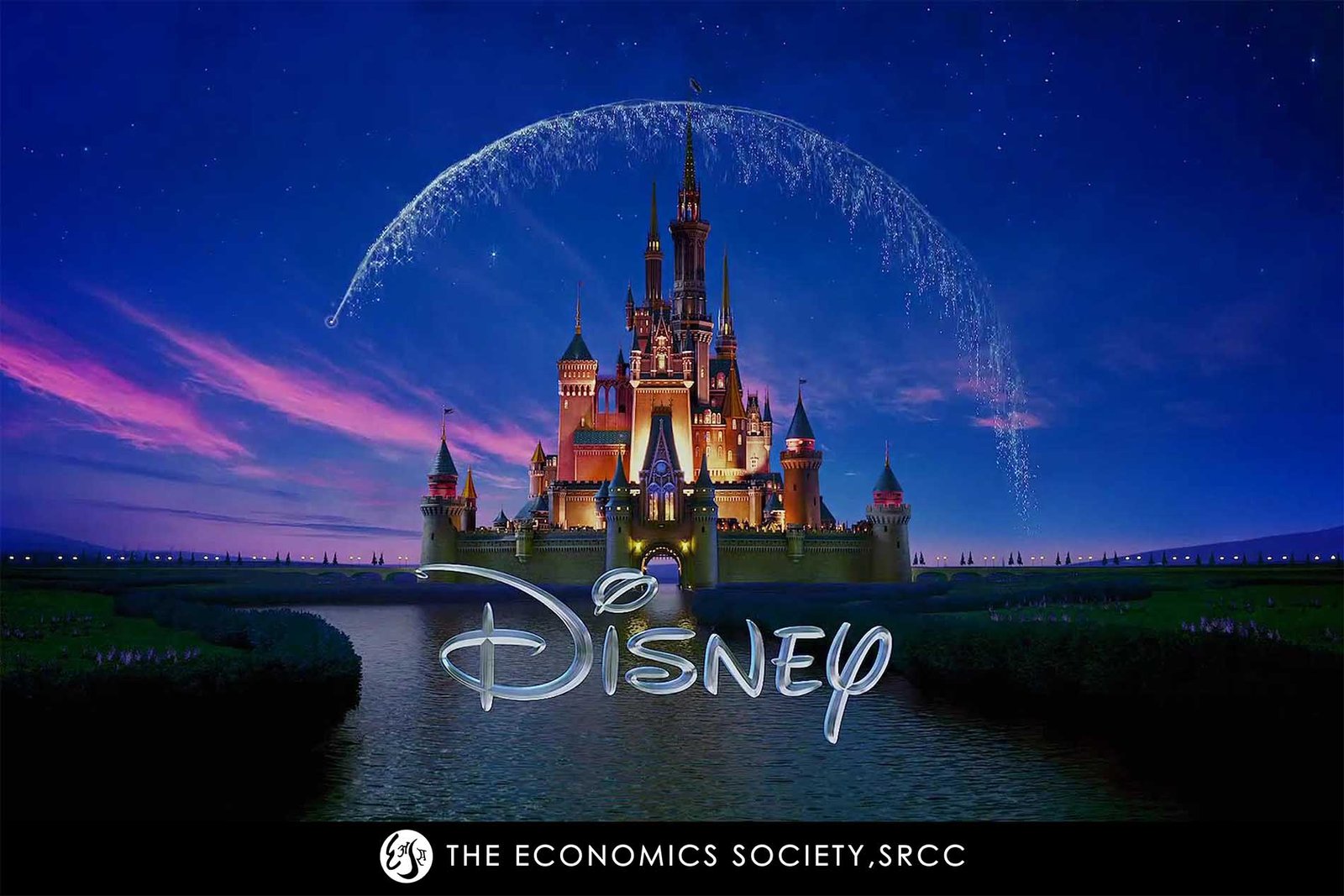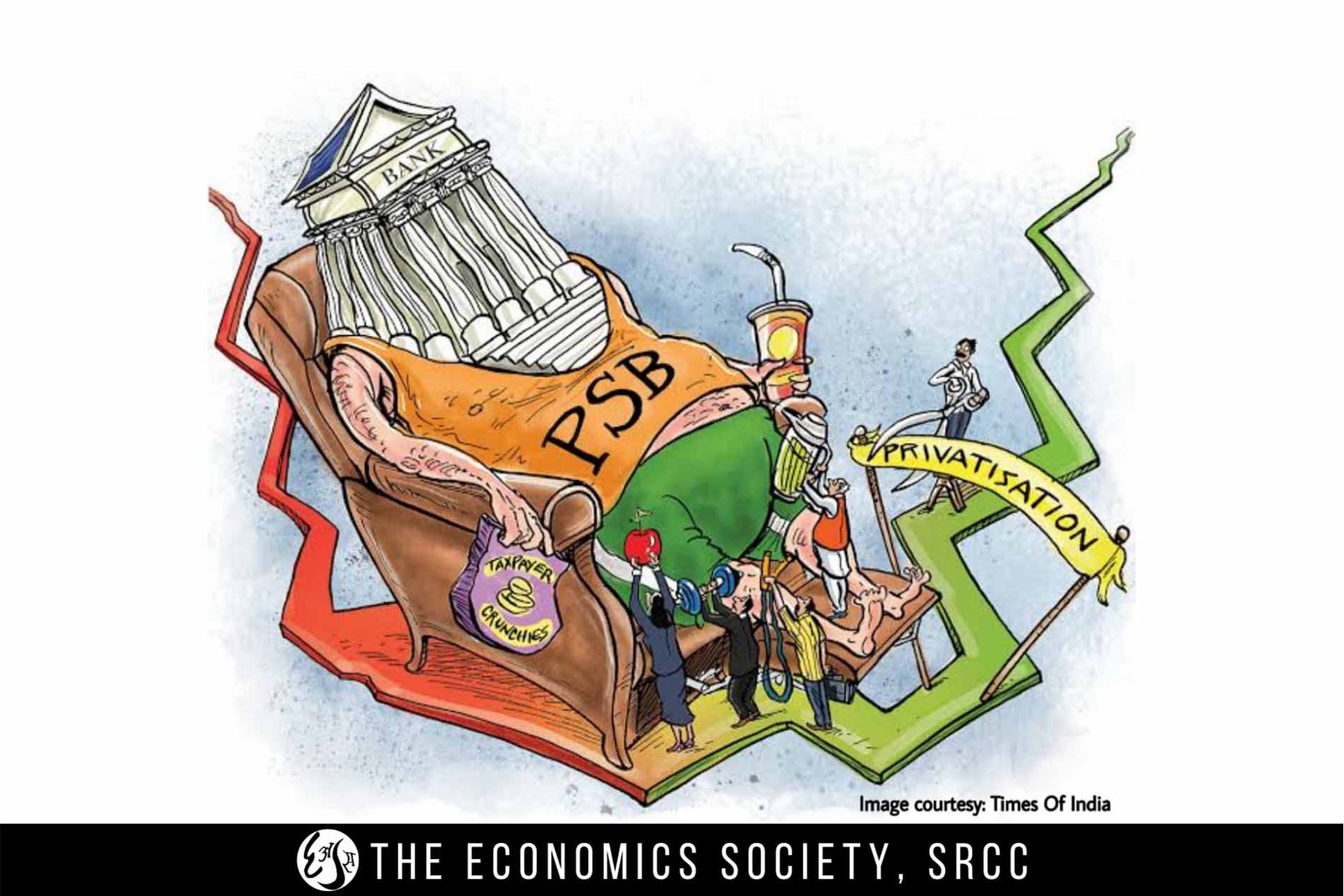
Brosnan, Paan and Ethics

Which is considered to be a means of information about brands, often ends up misleading the consumers (Littlechild, 1982). Remember when Pierce Brosnan (from the James Bond fame) made headlines for endorsing ‘Pan Bahar’? Yes, that dodgy episode led to so much mass trolling that Pierce received a notice from the Delhi Government seeking explanation as to why he appeared in an advertisement that glorified tobacco products. However, the actor personally clarified that his contract with Pan Bahar was to endorse mouth fresheners and so pleaded ignorance. And he was right, Pan Bahar was actually advertising mouth fresheners with the hope that customers would buy their similarly named tobacco products when spotted at stores. This is called ‘Surrogate Advertising’. Merriam Webster defines a Surrogate as a substitute. And surrogate advertisements are just the that. A surrogate advertisement can be defined as an advertisement that duplicates the brand image of one product to promote another product of the same brand. The surrogate (or substitute) could either resemble the original product or be a different product altogether.
However, it is marketed under the established brand name of the original product. This is used as a strategy to advertise products such as liquor and tobacco that are otherwise banned for advertising in our country. It has emerged as a major ethical advertising issue in India. This form of advertising remains a bone of contention amongst civil rights activists and liberals because of the paternalistic purpose of information regulation. On one hand, civil rights activists emphasize that such an act opposes Right to Information while, on the other hand, liberals emphasize on the Right to Choose. It is imperative that consumers are informed about what they purchase for their protection from unsafe products and unfair sales. Although, it is widely held that mostly consumers, while buying , do not act in their own interest (even if informed appropriately). One such instance is when former Union Health Minister Mr Anbumani Ramadoss challenged the name of the Bangalore Indian Premier League (IPL) Cricket Team, Royal Challengers - an out and out blatant surrogate advertisement strategy for the liquor brand Royal Challenge. The Supreme Court passed a judgment pointing out that the team was not named Royal Challenge, the liquor brand BUT Royal Challengers.
The court supported its stand by adding how 'only those who drink can be attracted by these things,' alluding to the fact that a name would not have any effect on non-drinkers. The liquor industry argues why the brand extension should not be advertised if it has equity. The industry leaders put light on this by explaining how they spend a substantial amount of resources to launch and market the said brand extensions. Their argument seems logically easy for a layman's understanding. However, on a closer look, the hidden agenda behind overshadowing liquor and tobacco in the cover with the same names in different products cannot be ignored. This is clearly a fancy name for a legal loophole. Additionally, the economics of such products cannot be ignored. Past attempts at providing incomplete information to consumers have done more harm than good. Information asymmetry leads to disruption of price patterns, i.e., prices fail to reflect the quality of such products. This is evident in the case of the tobacco market where sale of ‘bidis’ (inferior quality tobacco) is in large numbers, even though many rich consumers in villages can afford cigarettes (notwithstanding the addictive effects of inferior quality tobacco). It is also observed that people smoke unfiltered tobacco because of the lack of adequate knowledge about comparative benefits of a filter.
By the time they receive information indirectly, they are already addicted to unfiltered quality cigarettes. In an attempt to tackle the e-commerce boom of such brand extensions, the Advertising Standards Council of India has brought in stringent rules such as increasing mandatory turnover of these ‘legitimate’ brand extensions, auditing and compulsory registration. However, the question persists - whether these ‘tough’ laws are meaningful and effective or not. Here is what I think, bringing in legally enforceable laws is not enough. The government needs to consider the commercial interests and legitimate concerns of the liquor and tobacco industry. Finding a balance among the stakeholders involved should be the main goal. The present stance of the government focuses on enforceability and lacks efficient execution. With an increase in the number of users of such banned products, the government should spread awareness about their harmful effects because, as always, the industry leaders will find a way to skirt the new rules. These awareness workshops and campaigns will remove the positive perception of these products from the public’s mind. Moreover, the limited resources used by the government for being a watchdog for surrogate advertising can be reallocated. Previously, even after severe penalties and firm laws being in place, such industries have managed to enter corporate films, web series, concerts and talk shows, and are rigorously working towards more innovative marketing strategies to address their key demographic of 18-35 years. For instance, Kingfisher entered airlines, Bacardi entered travel show broadcasting and sports sponsorships from cricket to football have only increased with time. Therefore, instead of imposing unreasonable restrictions on surrogate advertising, the regulators and the government should work together to ensure that surrogate advertising reaches its target audience through healthy and responsible practices.
The industry leaders are able to realize their broad social responsibility. This initiative would go a long way in improving relations among all stakeholders and would have the desired effect. Thus, the conclusion I come to is that the ethics of surrogate advertising is a subjective matter. Moreover, questioning the ethics of something as pervasive as surrogate marketing is a never ending loop. Such an ethical dilemma makes me question whether I’m really living in a free country where the customer is supposed to be the king?
Kavya Aggarwal
First Year Undergraduate Student, SRCC
References
https://www.mondaq.com/india/advertising-marketing-branding/606974/surrogate-advertisements-in-india https://timesofindia.indiatimes.com/business/india-business/surrogate-ads-face-stricter-rules/articleshow/84461613.cms https://www.worldwidejournals.com/indian-journal-of-applied-research-(IJAR)/fileview/October_2013_1493103233__77.pdf https://www.freepressjournal.in/entertainment/bollywood/wasnt-aware-it-falls-under-surrogate-advertising-amitabh-bachchan-steps-down-as-face-of-paan-masala-brand-returns-fees https://singhanialaw.com/surrogate_marketing_corporate_lawyers/ https://www.scribd.com/document/382959324/Vicky-Vijay-Surywanshi-187-Dissertation


